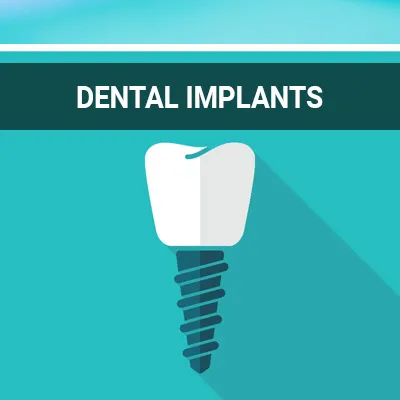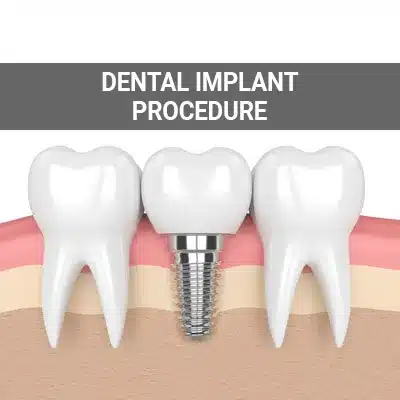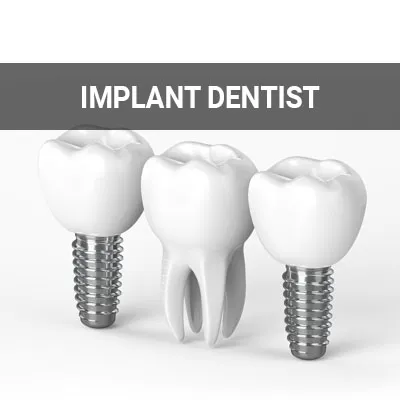
Questions to Ask at Your Dental Implants Consultation, Glendale AZ
Getting a brand new smile through dental implants is an exciting time for most patients, but the process may seem intimidating before the dental implant consultation. It is helpful to know the right questions to ask the dentist to ease anxiety and know what to expect throughout the process.
Singh Smile Care - Dentist Glendale, AZ prides itself on transparency, and we strive to answer all questions we receive from prospective patients during the dental implant consultation. We believe everyone should have a smile they are proud to show off each day. Dental implants help many achieve a more attractive smile and increased confidence after tooth loss.
An initial consultation for dental implants is available at Singh Smile Care - Dentist Glendale, AZ in Glendale AZ and the surrounding area. Reach out to us today to schedule your first visit and receive answers to your dental implant questions.

Make the Most of Your Dental Implant Consultation
The process to a better smile through dental implants does not have to be stressful and knowing the questions to ask at your initial consultation ensures you can properly prepare for each step of the process. We advise patients to write down any questions they have before coming in for their consultation and encourage them to call with any preliminary questions or concerns they may have prior to their first visit.
An initial consultation for dental implants is the first step in the implant process. The visit typically involves discussing treatment goals, a thorough oral evaluation, and a detailed explanation of treatment expectations. We will need to collect the patient’s medical information including oral treatment history, allergies, medications, family history, and any other relevant information pertaining to their treatment type. The patient will be informed of the paperwork they need to bring to the consultation appointment.
The visit typically involves discussing treatment goals, a thorough oral evaluation, and a detailed explanation of treatment expectations.
What to Expect the Day of the Procedure
Where will the placement procedure take place?
What is the typical length of the placement procedure?
According to the U.S. Department of Veteran Affairs, the dental implant process can take anywhere from several months to two years from beginning to completion. However, the length of time for the placement procedure varies and depends on a variety of factors (location of the implant, number of implants, etc.). The placement of the implant is completed in one session, and the patient is able to return home on the same day in almost every instance.
According to the U.S. Department of Veteran Affairs, the dental implant process can take anywhere from several months to two years from beginning to completion.
Post-Procedure Care and Adjusting to Normal Life
What should I expect post-procedure?
How quickly can I return to normal life?
The post-surgery process is the most anxiety-ridden step in the process for many patients as there is likely to be some discomfort, especially the first couple of days.
Risks Associated with Dental Implants
We encourage patients to play an active role in their own health and safety. It is important to ask questions about the risks associated with any procedure, no matter how safe it may be. There are several health conditions that can complicate dental implant treatment, such as autoimmune diseases, allergies, diabetes, gum disease, osteoporosis, and osteopenia. It may also affect those who take certain medications, those who smoke, and those undergoing chemotherapy or head and neck radiation.
To fully understand your risk factors, we encourage asking questions such as:
- Will any of the medications I take interfere or affect dental implant treatment?
- Will my condition affect the implant procedure?
- What are the most common risks associated with dental implant surgery?
- Can the complications that arise be reversed?
- How safe are dental implants for my current health?
- What are the advantages of undergoing implant treatment for my case?
- Are there any side effects associated with dental implants?
- If I do experience side effects, what should I do?
- What are alternative treatments for those with high risk factors for dental implants?
It is important to ask questions about the risks associated with any procedure, no matter how safe it may be.
Questions Answered on This Page
Q. What happens during the consultation appointment?
Q. What can I expect the day of the implant procedure?
Q. What happens after the procedure?
Q. What are the risks associated with dental implant treatment?
Q. What is the importance of follow-up appointments after implant treatment?
People Also Ask
Q. Why does someone need dental restoration?
Post-Treatment Care and Recovery
Dental implant procedures require follow-up visits to ensure complications do not develop after placement. It is helpful to ask about the expected follow-up visits to properly clear your schedule in advance and ensure you are available for routine check-ups. The consultation appointment typically involves a treatment plan that consists of both the treatment itself and subsequent follow-ups thereafter.
Follow-up visits are crucial for recovery as they allow both the patient and Singh Smile Care - Dentist Glendale, AZ to monitor progress, address any concerns, and make adjustments as needed. It is also important for the stability and durability of the implants themselves. Follow-up visits may be required monthly, but once the patient has successfully healed, the implants may be checked every six months during their biannual dental checkup. As each case varies, we will schedule follow-ups accordingly.
It may also be advisable to ask questions about the recovery period and what it would entail as each patient’s treatment varies. There may be individualized instructions for the patient along with general instructions for post-treatment care. You may come up with questions about the recovery period as Singh Smile Care - Dentist Glendale, AZ discusses these instructions, but we encourage patients to come up with a few prior to treatment, especially questions regarding their own personal lifestyle habits.
Follow-up visits are crucial for recovery as they allow both the patient and Singh Smile Care - Dentist Glendale, AZ to monitor progress, address any concerns, and make adjustments as needed.








